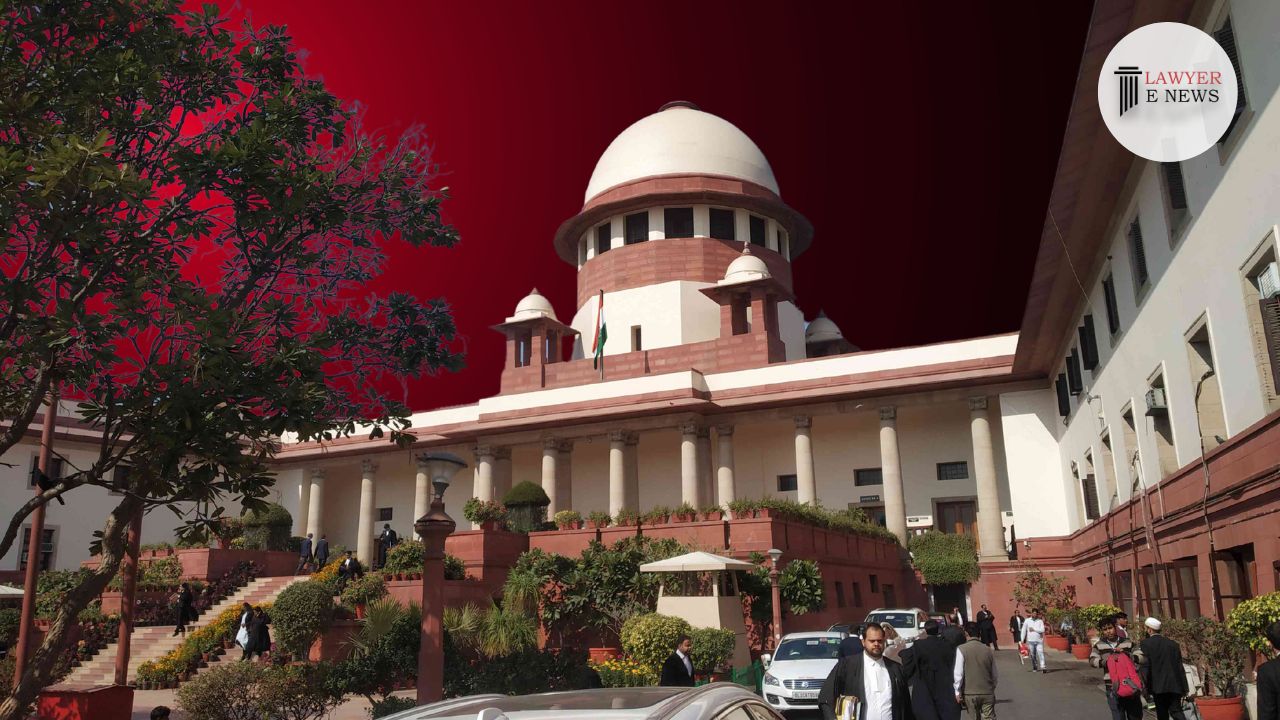-
by Admin
15 February 2026 2:16 AM



In a significant verdict, the Supreme Court today acquitted four individuals previously convicted of murder, citing the absence of an unlawful assembly which is a necessary precondition for invoking Section 149 of the Indian Penal Code (IPC).
The appellants were initially convicted under Section 302 read with Section 149 IPC for the murder of Sahabuddin Choudhury. The prosecution had argued that the appellants were part of an unlawful assembly that committed the murder, a claim upheld by the High Court. However, the apex court identified critical legal errors in the application of Section 149 IPC, emphasizing the necessity of establishing an unlawful assembly as defined under Section 141 IPC.
The case stemmed from the incident dated February 3, 2013, where the victim was allegedly taken by the accused to a local market area and murdered. The trial and subsequent high court ruling had confirmed the convictions based on purported witness accounts and the theory of ‘last seen together’. The appeal to the Supreme Court highlighted significant discrepancies and procedural errors, including the questionable reliability of eyewitness testimonies.
Unlawful Assembly Not Established: Justice Abhay S. Oka pointed out that for the applicability of Section 149 IPC, the existence of an unlawful assembly is paramount. He noted, “The High Court has not held that apart from the present appellants whose conviction was confirmed, others formed part of the unlawful assembly.”
Contradictions and Omissions in Witness Testimonies: The Supreme Court detailed procedural lapses in how contradictions were recorded during the trial. It criticized the manner in which prior statements of witnesses were handled, observing significant gaps affecting the credibility of these testimonies.
Last Seen Theory Inadequate: The Court dismissed the ‘last seen together’ argument, as subsequent events showed the victim was in the company of others post the last sighting with the appellants, thus diluting the prosecution’s claim.
Faulty Application of Legal Provisions: The judgment meticulously dissected the misapplication of Sections 302 and 149 IPC by the lower courts, which fundamentally impacted the outcome of the trial.
Decision: The bench concluded, “For the reasons recorded above, the impugned judgments of the Trial Court and High Court to the extent to which the appellants were convicted for the offence punishable under Section 302, read with Section 149 of IPC, are hereby set aside.” The appellants were acquitted of all charges, with the Court ordering their immediate release unless required in connection with any other offence.
Date of Decision: May 03, 2024
Alauddin & Ors. Versus The State of Assam & Anr.
